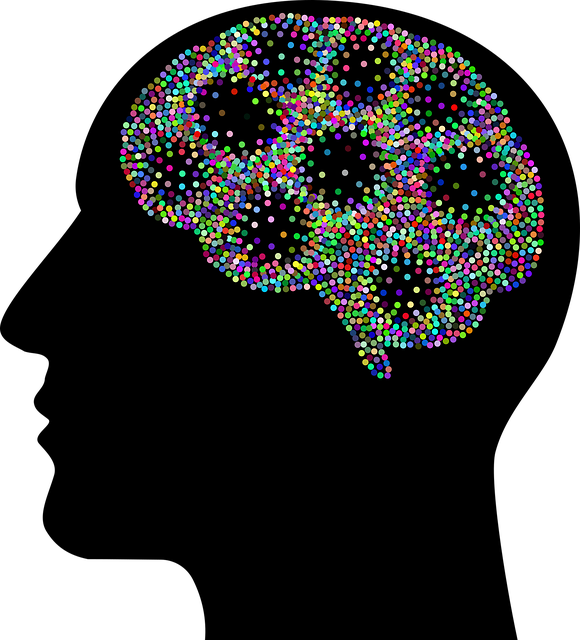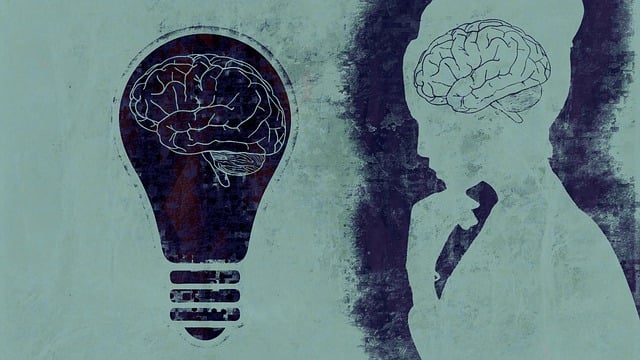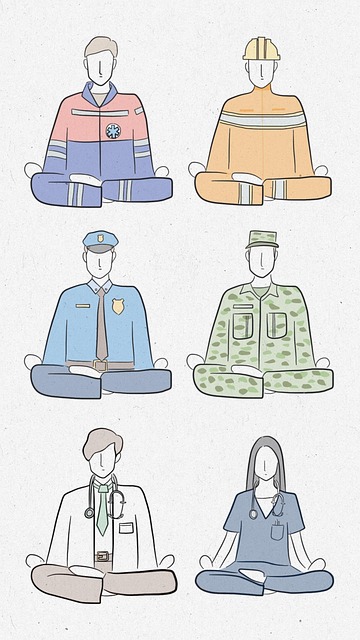Castle Rock residents with Attention Deficit Disorder (ADD) or Attention Deficit Hyperactivity Disorder (ADHD) can access specialized therapy and evaluations to manage symptoms into adulthood. These services focus on coping skills development, social skills training, and stress management, addressing neurodevelopmental challenges holistically. By identifying personal triggers, individuals gain clarity and develop tailored coping mechanisms, improving focus, reducing hyperactivity, and managing impulsivity. Castle Rock ADD-ADHD evaluations are key to accessing these transformative therapies, building resilience, and fostering a supportive environment through public awareness campaigns and stigma reduction efforts.
“Unleash your inner resilience with a comprehensive guide to coping skills development, tailored for individuals navigating Castle Rock’s unique challenges with ADD-ADHD. This article delves into essential aspects of daily life management, offering insights on understanding and unraveling the basics of ADD-ADHD. We explore the impact of coping skills, identify personal triggers, and provide effective strategies to manage anxiety and impulsivity.
Additionally, discover long-term building resilience techniques that empower individuals to thrive despite life’s stressors, with a focus on Castle Rock ADD-ADHD evaluations and therapy.”
- Understanding ADD-ADHD: Unraveling the Basics
- The Importance of Coping Skills for Daily Life
- Identifying Personal Triggers and Stressors
- Strategies for Managing Anxiety and Impulsivity
- Building Resilience: Long-term Coping Techniques
Understanding ADD-ADHD: Unraveling the Basics

Understanding ADD-ADHD involves unraveling a complex neurodevelopmental condition that affects attention, hyperactivity, and impulsivity. Often diagnosed in childhood, Attention Deficit Disorder with or without Hyperactivity (ADD-ADHD) can persist into adulthood if left undiagnosed or improperly managed. Castle Rock residents seeking support for their ADD-ADHD symptoms can find valuable resources through comprehensive evaluations and personalized therapy. These services are crucial for individuals navigating the challenges of this disorder, aiming to improve focus, reduce hyperactivity, and manage impulsivity.
Therapy plays a pivotal role in coping skills development for ADD-ADHD. Through targeted interventions, individuals can learn effective strategies for stress reduction methods and anxiety relief. Social skills training is also an integral component, helping to foster better interactions and relationships. By addressing these aspects holistically, Castle Rock ADD-ADHD evaluations and therapy can empower individuals to lead more balanced and fulfilling lives.
The Importance of Coping Skills for Daily Life

In today’s fast-paced world, effective coping skills are as essential as any other life skill. For individuals dealing with conditions like Castle Rock ADD-ADHD, the ability to navigate challenges and maintain emotional balance is paramount. Coping Skills Development isn’t just about managing symptoms; it empowers people to lead fulfilling lives by enhancing their resilience and Mood Management abilities. Through therapy, individuals learn to transform stressors into opportunities for growth, fostering a sense of control and well-being.
By integrating these skills into daily routines, one can effectively navigate the complexities of life. Castle Rock ADD-ADHD Evaluations play a crucial role in identifying areas where Coping Skills Development is needed most. Therapy then becomes a personalized journey towards Resilience Building, allowing individuals to meet life’s challenges head-on with newfound confidence and adaptability.
Identifying Personal Triggers and Stressors

Identifying Personal Triggers and Stressors is a pivotal step in developing effective coping skills. It involves becoming attuned to the internal and external cues that set off feelings of stress or anxiety, which can vary greatly from person to person. For individuals in Castle Rock seeking support, evaluations by professionals specializing in Attention Deficit Disorder (ADD) and ADHD can provide clarity on specific triggers. This understanding is crucial for tailoring therapy sessions to address these issues directly.
Therapy becomes a powerful tool when it guides individuals through the process of managing these triggers. Through Community Outreach Program Implementation, Social Skills Training, and Self-Care Practices, one can learn to navigate stressful situations more effectively. By identifying personal stressors early on, individuals can proactively develop healthy coping mechanisms, ensuring they have the tools needed to thrive despite life’s challenges.
Strategies for Managing Anxiety and Impulsivity

Anxiety and impulsivity are common challenges faced by individuals with Castle Rock ADD-ADHD. Effective coping strategies can significantly enhance their daily lives. Therapy plays a pivotal role in managing these symptoms, offering tailored techniques to navigate stressful situations. Through structured interventions, individuals learn to identify triggers, develop healthy responses, and foster better emotional regulation.
Social Skills Training is an integral component of this process. By honing communication strategies, individuals with ADD-ADHD can improve their interactions, build stronger relationships, and reduce impulsive behaviors. Public Awareness Campaigns also contribute to a more supportive environment, promoting understanding and acceptance, which are crucial for fostering resilience and self-confidence.
Building Resilience: Long-term Coping Techniques

Building resilience is a crucial aspect of long-term coping skills development, especially for individuals navigating mental illness like ADD-ADHD. Castle Rock ADD-ADHD evaluations and therapy play a pivotal role in empowering people to strengthen their emotional healing processes. Through structured interventions, individuals learn effective strategies to manage stress, regulate emotions, and adapt to challenges. This fosters a sense of control and resilience, enabling them to navigate life’s ups and downs with greater ease.
Mental illness stigma reduction efforts also contribute significantly to this process. By creating supportive environments and promoting understanding, individuals can develop coping mechanisms that go beyond mere survival. Mindfulness meditation, for instance, has been shown to enhance emotional well-being and reduce symptoms of anxiety and depression, which are often co-morbid with ADD-ADHD. These techniques, when integrated into daily routines, help build a robust psychological castle that protects against the storms of life, fostering long-lasting resilience.
Coping skills development is an essential aspect of managing conditions like ADD/ADHD. By understanding and addressing personal triggers, anxiety, and impulsivity, individuals can lead more fulfilling lives. Building resilience through long-term coping techniques empowers folks to navigate challenges with greater ease. If you or someone you know is dealing with ADD/ADHD in Castle Rock, evaluations by qualified professionals followed by tailored therapy can significantly enhance quality of life. These strategies provide a strong foundation for thriving in all aspects of daily living.








